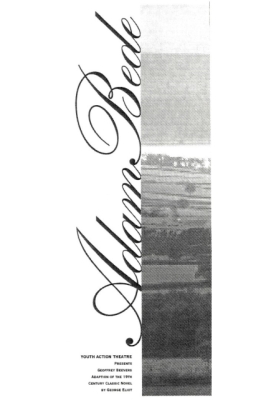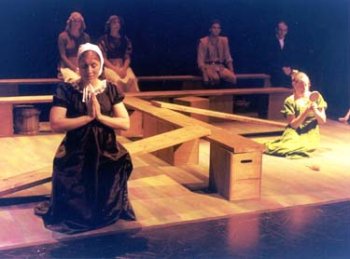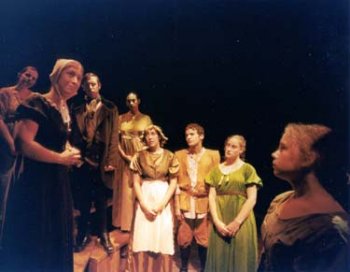
Production Information
Tuesday 18 August 1998 to Saturday 22 August 1998 (5 performances)
at The Vera Fletcher Hall, Thames Ditton, Surrey, United Kingdom
by George Eliot
Stage adaptation by Geoffrey Beevers
In this rich and often humorous portrayal of 18th century rural life in middle England, Geoffrey Beevers remains true to George Eliot's original novel. Adam Bede, a young carpenter of integrity, loves Hetty Sorrel, a pretty and self-centred dairymaid, who herself dreams of Arthur Donnithorne, the young squire. Arthur cannot resist seducing her, and their passion has tragic consequences for the whole community.
Although on one level 'Adam Bede' is a rich and loving re-creation of a small community shaken to it's core, it is more than a charming, faultlessly evoked pastoral.



